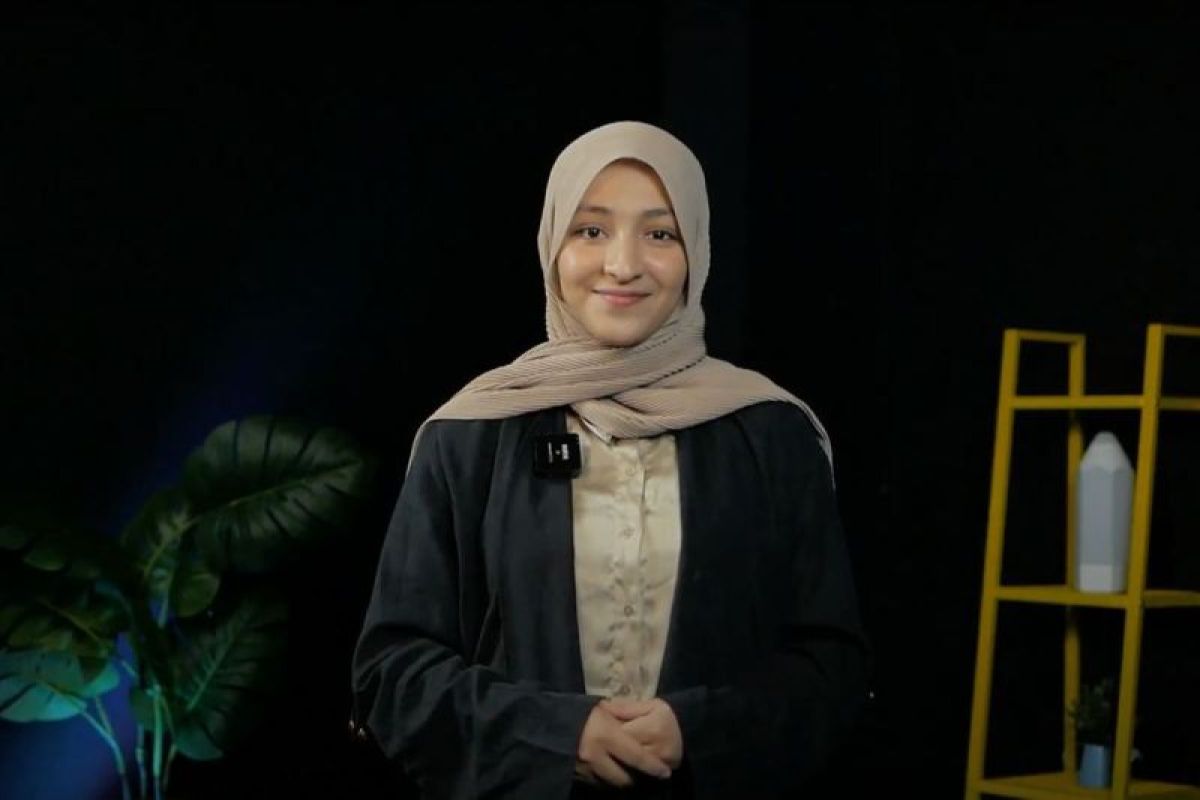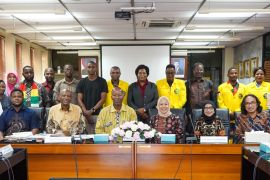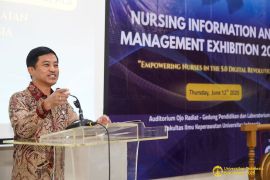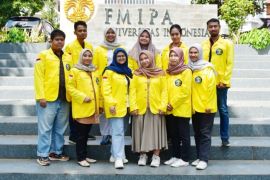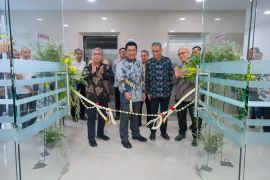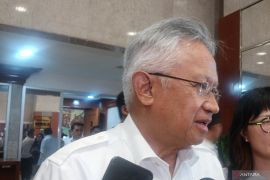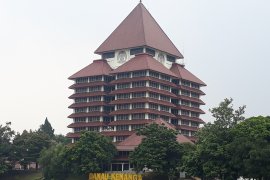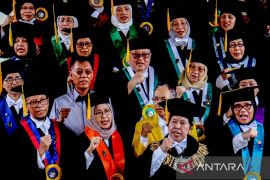At the contest, she gave a speech on the creation of cultural exhibitions using virtual reality (VR) technology.
"I believe this innovation can increase knowledge in the community, maintain national identity, and increase digital literacy, which is still low among people in ASEAN countries," Abbaci said at the UI Campus here on Monday.
She won the top place out of 220 participants from several ASEAN member countries at the contest.
In her speech entitled "Diversity in Creation of ASEAN's Visionary Generation," she said that her innovative idea aimed to increase the younger generation's appreciation of regional diversity.
She focused on three crucial pillars, namely creativity, innovation, and the smart usage of digital technology, which aligned with the competition's theme of "Embracing ASEAN Diversity."
She said that, as a medical student, she considered the development of medical technology and research devices to be highly instrumental in simplifying complex issues in the field.
According to her, technology utilization, innovations from the younger generation, and cross-sectoral collaboration can have a significant impact on a country's progress.
"Inspired by several art performances, scientific seminars, and digital exhibitions in Indonesia, and analyzing the socioeconomic impacts and cultures that were left behind, I think cultural exhibitions using VR technology can be further developed," Abbaci said.
In the long term, this idea will have an impact on improving socioeconomic aspects in each ASEAN country, she added.
She explained that the innovative idea can support the vision of making ASEAN the epicentrum of growth by maximizing and empowering the potential of ASEAN youth in the technology and creativity sectors.
Related news: Indonesia looks to expand number of oncology specialist nurses
Related news: UI collaborates with Navy for sailing and research activity
Translator: Feru L, Kenzu
Editor: Rahmad Nasution
Copyright © ANTARA 2023
